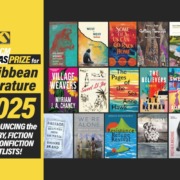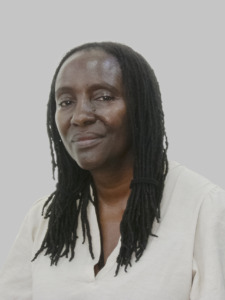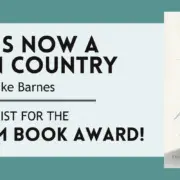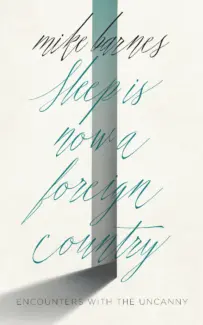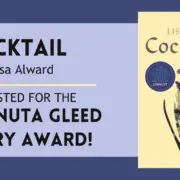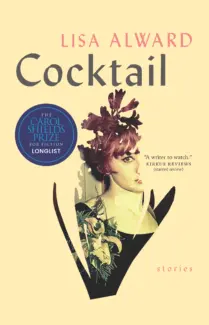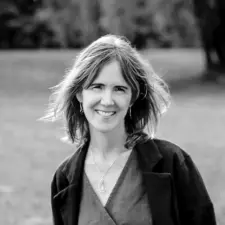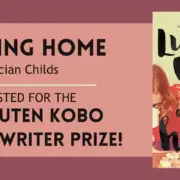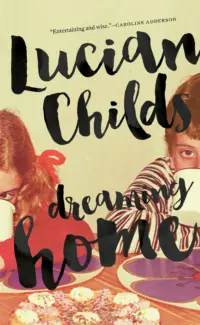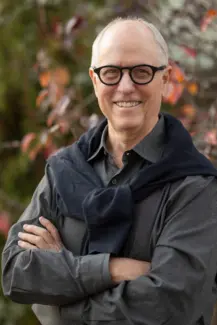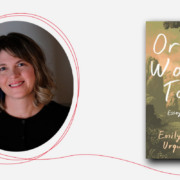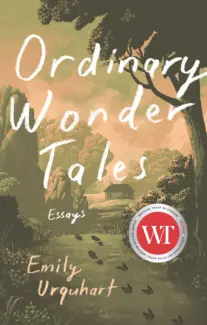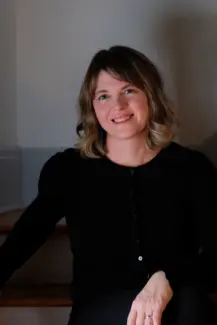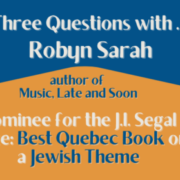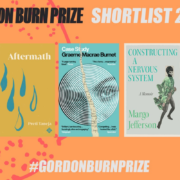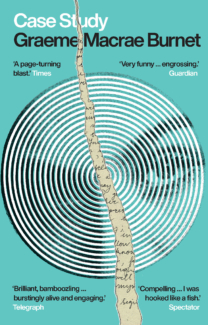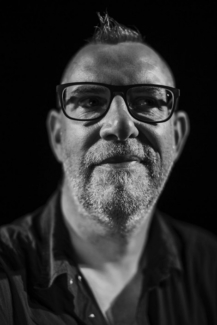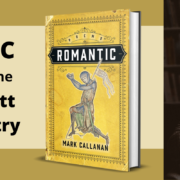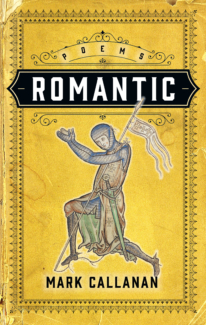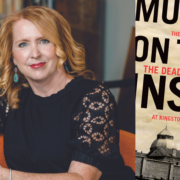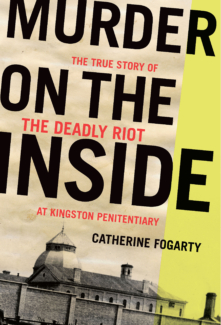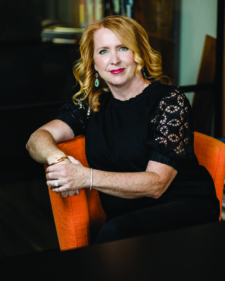Reposted from the J.I. Segal Award website
Poet Robyn Sarah’s memoir, Music, Late and Soon (Biblioasis, 2021) is one of the five nominees for the2022 J.I. Segal Award for the Best Quebec Book on a Jewish Theme. Congratulations, Robyn! The prize is accompanied by an award of $5,000. Music, Late and Soon recounts her return to studying piano with the mentor of her youth. In relating this experience, she reflects on her years spent at Le Conservatoire de musique de Québec studying the clarinet where it seemed clear that her career as an orchestral musician was set. But Sarah was already a writer at heart and this fascinating memoir shows a portrait of an extraordinary piano teacher and of a relationship remembered and renewed.
Congratulations, Robyn, on your work to bring this experience into your writing. It shows us an insight into how creativity is a whole jumble of disciplines, practices, inspirations and experiences. And in order to dive deeper into that question, we asked Robyn the Three Questions and her answers were very thoughtful, detailed and informative.
Three Questions with Robyn Sarah
Question One: What part of the writing process is the most exciting? Starting a project? Finishing it? Editing? Or some other part of the process? Why?
What we call “the writing process” may not divide up into such tidy parts. When exactly does a project start? An idea can germinate at the back of the mind for weeks, months or years before the first sentences get written—and those sentences may prove to be a dead end, or grow into an opening chapter that will ultimately be scrapped. When is a book finished? Months of rewriting (prompted by an editor) can follow delivery of a “final” manuscript that the writer has already put through multiple versions Much of this process is less than exciting. Challenging, yes; compulsively engaging; but also implacably demanding and laborious. Books don’t write themselves; you have to write every word. You are in the grip of something. And all along the way there are self-doubts and misgivings, stalls, wrong turns, detours, patches of fog, impasses.
So where does excitement come in? It, too, can come at any point along the way, but it tends to come in flashes, mini-revelations, moments when something falls magically into place. You are handed a little gift by your subconscious, which has clearly been working on it. Suddenly you see where your story must begin. Suddenly you realize you can connect two images or scenes so each sheds light on the other. Suddenly you hit upon the exact word to describe the expression on somebody’s face, a word you’ve looked for in vain—or you see how to fix an inelegant sentence that has several times defied your efforts to rephrase it to better effect. A seemingly impossible structural problem solves itself when you change the order of a few chapters. Maybe you recognize with a small electric shock that the sentence you’ve just written should be the last sentence in your book—a perfect ending that came to you prematurely. You’re nowhere near the end of the book, but you cut/paste and copy that sentence onto a clean page and save it like treasure. Now you just have to figure out how to get to it.
Question Two: What under-appreciated book or write are you a fan of and why?
Adele Wiseman was not a prolific writer, but she left a small body of highly original work. These days I rarely hear mention of her novels, The Sacrifice (1956) or Crackpot (1974), though the first won a Governor General’s Award when the author was only 28, and the second was a J.I. Segal award winner. Much less known is a book of hers I’ve placed on the “one-of-a-kind” shelf of my bookcase. Published in 1978, a mere 148 pages, Old Woman at Play defies categorization. Its focus is on Wiseman’s mother Chaika in her late years—in particular, on Chaika’s decades-long passion for making dolls out of scraps of fabric and junk, giving each a name, a bit of a history, even a doll companion.
Part memoir, part dialogue, part meditation on creative process, the book is an intimate portrait of an multigenerational family, told largely through scraps of conversation (both remembered and current) between Wiseman and her Ukrainian Jewish parents, living out their last years under their daughter’s roof in Toronto. Her parents reminisce about their old country childhood in Russian villages, their immigration to North America in the 1920s, the long years working day and night as tailor and dressmaker to feed their family in Winnipeg during the Depression. All the while, amid the daily life of her grown daughter’s household, Chaika Waisman’s hands are busy making dolls, and her writer-daughter, fascinated by the profusion and variety of these playful personae, keeps trying to coax out of her mother some explanation of why she makes them and what the activity means to her.
Why do I value this book? I think it’s because it gets at the heart of human creativity better than anything else I’ve read—honouring it without glorifying or falsifying, recognizing it as something not set apart from the rest of life but intrinsically bound up with it. In her mother’s “naive” art, Wiseman finds confirmation “that art, uncapitalized … is our human birthright, the extraordinary right and privilege to share, both as givers and receivers, in the work of continuous creation.”
Question Three: If you weren’t a writer and could do a totally different creative profession, what would it be and why?
From childhood I’ve had two creative passions, writing and music, and all my life I have practiced both. In my early twenties I felt pulled between them. I did not become a professional musician, and for the most part, I have no regrets about that choice. My memoir, Music, Late and Soon, was my attempt to explain to myself why I turned away from music as a career path—why I stopped studying music at twenty-four, and why I returned to it seriously (for its own sake) at nearly sixty.
If I were not a writer and could have a completely different profession, it might not be a creative one at all. I find the whole idea of being a creative “professional’ a thorny one. But if I had to name a third creative art I could study and practice seriously, it would be visual—painting, drawing, or sculpture. I would love to be able to represent the world in visual terms, working with colours, lines, and shapes, and with physical materials, rather than with words, sentences and paragraphs. Words take us into ourselves, into our heads, because we think in words. One thing I love about music is that it’s non-verbal; it takes me out of myself. I think it would be the same with visual art.
The winner of the prize will be announced on Thursday, December 22 at 10am.
Pick up your copy of Music, Late and Soon here!
ABOUT MUSIC, LATE AND SOON
Shortlisted for the J.I. Segal Awards Best Quebec Book on a Jewish Theme • Shortlisted for the The Mavis Gallant Prize for Non-Fiction
A poet rediscovers the artistic passion of her youth—and pays tribute to the teacher she thought she’d lost.
After thirty-five years as an “on-again, off-again, uncoached closet pianist,” poet and writer Robyn Sarah picked up the phone one day and called her old piano teacher, whom she had last seen in her early twenties. Music, Late and Soon is the story of her return to studying piano with the mentor of her youth. In tandem, she reflects on a previously unexamined musical past: a decade spent at Quebec’s Conservatoire de Musique, studying clarinet—ostensibly headed for a career as an orchestral musician, but already a writer at heart. A meditation on creative process in both music and literary art, this two-tiered musical autobiography interweaves past and present as it tracks the author’s long-ago defection from a musical career path and her late re-embrace of serious practice. At its core is a portrait of an extraordinary piano teacher and of a relationship remembered and renewed.
ABOUT ROBYN SARAH
Robyn Sarah is the author of eleven collections of poems, two collections of short stories, a book of essays on poetry, and a memoir, Music, Late and Soon. Her tenth poetry collection, My Shoes Are Killing Me, won the Governor General’s Award in 2015. In 2017 Biblioasis published a forty-year retrospective, Wherever We Mean to Be: Selected Poems, 1975-2015. Sarah’s poems have been anthologized in The Norton Anthology of Poetry and have been broadcast by Garrison Keillor on The Writer’s Almanac. From 2011 until 2020 she served as poetry editor for Cormorant Books. She has lived for most of her life in Montréal.
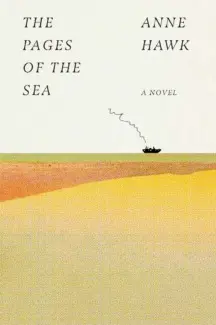 We’re thrilled to share that this week, The Pages of the Sea by Anne Hawk was announced as making the fiction category shortlist for the 2025 OCM Bocas Prize for Caribbean Literature! The announcement was made on Sunday, March 16, and can be read in full here.
We’re thrilled to share that this week, The Pages of the Sea by Anne Hawk was announced as making the fiction category shortlist for the 2025 OCM Bocas Prize for Caribbean Literature! The announcement was made on Sunday, March 16, and can be read in full here.
